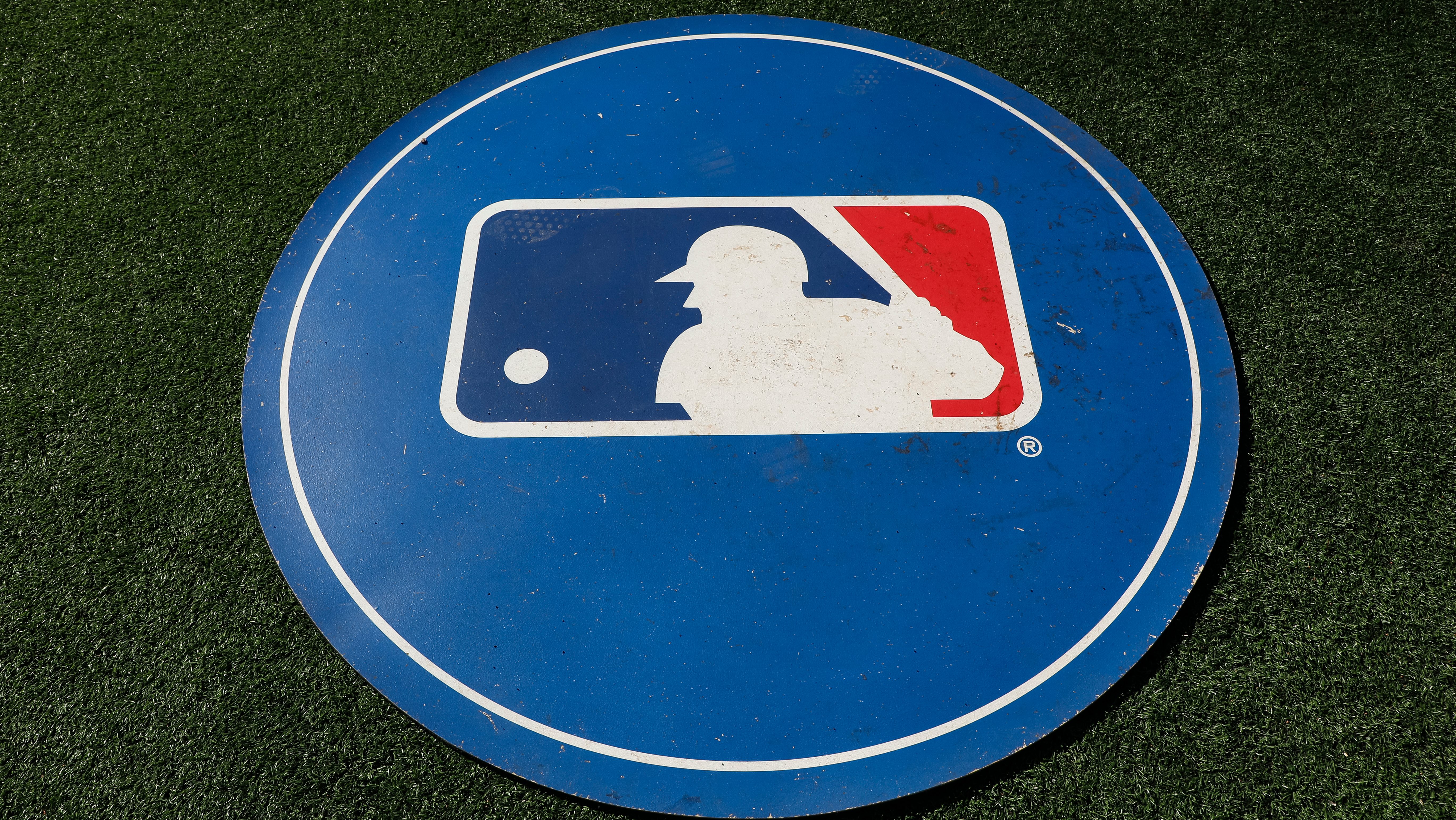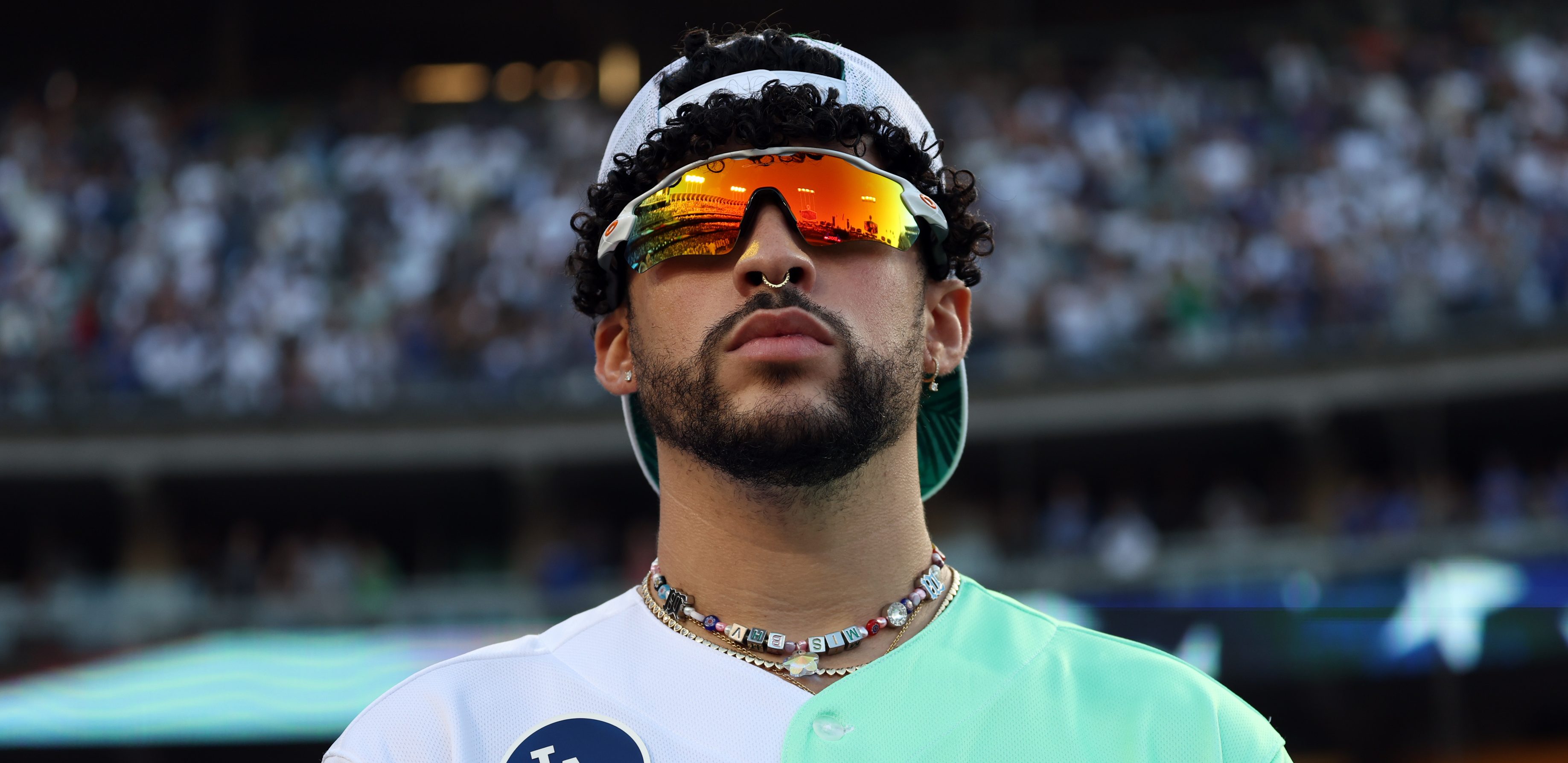When Anthony Rizzo opened spring training with the Cubs by telling reporters — from two lockers away — that “money talks,” it might as well have been the opening scene to the sequel to "The Last Dance."
Never mind that he said it with a smile and that it was in response to a reporter’s contract question to teammate Kyle Schwarber.
Rizzo meant it.
The first cornerstone player in the Cubs’ improbable rise from last place to baseball’s most celebrated World Series title in two years, Rizzo — like Scottie Pippen more than two decades earlier — had signed a team-friendly, seven-year deal early in his career for deeply personal reasons that made security at the time important.
RELATED: Cubs’ 2015 NL wild card win over Pirates was 'The First Dance'
And like the all-time Bulls star 22 years ago, Rizzo is at the end of his deal, wants an extension and wasn’t about to get one any time soon as his organization weighed younger, bigger fish (Kris Bryant, Javy Báez) against how to build its next window — all while in the midst of a current window.
“This is a business,” Rizzo after being rebuffed in the offseason. “It’s as cutthroat as ever now.”
MLB
Maybe the Rizzo-Pippen parallels end there. Rizzo’s the guy who came back from a “season-ending” ankle injury after two days last September to try to win the division, not the guy who intentionally scheduled ankle surgery late enough in his offseason to miss the first 10 weeks of a championship season.
But the echoes bouncing off the empty clubhouse and dugout walls of Wrigley Field are unmistakable as ESPN airs the 10-part perfect storm of conflict and timing that ultimately closed Michael Jordan’s championship window with the Bulls.
Last Dance, the sequel?
Look no farther than 5 1/2 miles north for the setting, and the only question becomes whether the Cubs’ Last Dance is set in 2020 or whether the music stopped a year before the coronavirus stopped it for them.
Who gets the Jerry Krause villain role? Who gets the more stoic, enabler role of Jerry Reinsdorf?
That might be in the eye of the beholder.
But this is a group that already fired its Phil Jackson after putting Joe Maddon on the hot seat as soon as his team finished its fourth consecutive playoff season in 2018.
And while we might be pretty sure that David Ross isn’t the Cubs’ next Tim Floyd, we’ve already been told repeatedly by Cubs bosses Theo Epstein and Jed Hoyer since before Ross was hired that the moves they make next — including possible trades of All-Star core players — will be made with the primary intent to “build the next Cubs championship team.”
Call it a de facto rebuild, a bridge period or take that any other way you want.
But so far that meant an entire winter of Bryant trade talks and the promise of more by July involving the former MVP if the team didn’t get off to a fast start. And it meant (so far unsuccessful) efforts to try to get their best player, Báez, signed to a long-term extension before the same kinds of considerations would come into play.
Since then, the far more significant force of the COVID-19 pandemic has wiped out the first four weeks of games with no way to know when — or if — a season will be played, much less how it might impact all these decisions on the brink.
RELATED: Why MLB’s plan to eliminate minor-league teams won't impact Cubs
And whether the result is the ability for the Cubs to kick the can into next winter, or even next spring, with much of its core in the final years of contracts, it’s anybody’s guess whether the music starts again for the Cubs when baseball starts again.
Will the pandemic’s economic impact mean a recalculation of values when teams such as the Cubs are allowed to restart the business of contract negotiations with players? What will the impact be on one-year arbitration values next winter after whatever becomes of the 2020 season?
Never mind the implications for a collective bargaining agreement that expires after the 2021 season.
For now we’re left to bedevil our minds with what-ifs and wonder if two or three decades from now we’ll think of these Cubs more in a Last Dance context or more in the context of the one-shining-moment 1985 Bears. Or, like those Bulls, if they might have had one more chance to win with that group before Krause-ing it up.
The only thing that’s certain is there’s no Michael in this version of the Dance.
In fact, if one exists anywhere in baseball, he’s in L.A. with Maddon in the form of Mike Trout as the Angels ramp up to contend with their decorated new celebrity at the helm.
Where have we seen that before? Talk about Showtime.
Talk about a sequel.
Click here to download the new MyTeams App by NBC Sports! Receive comprehensive coverage of the Chicago Cubs easily on your device.

